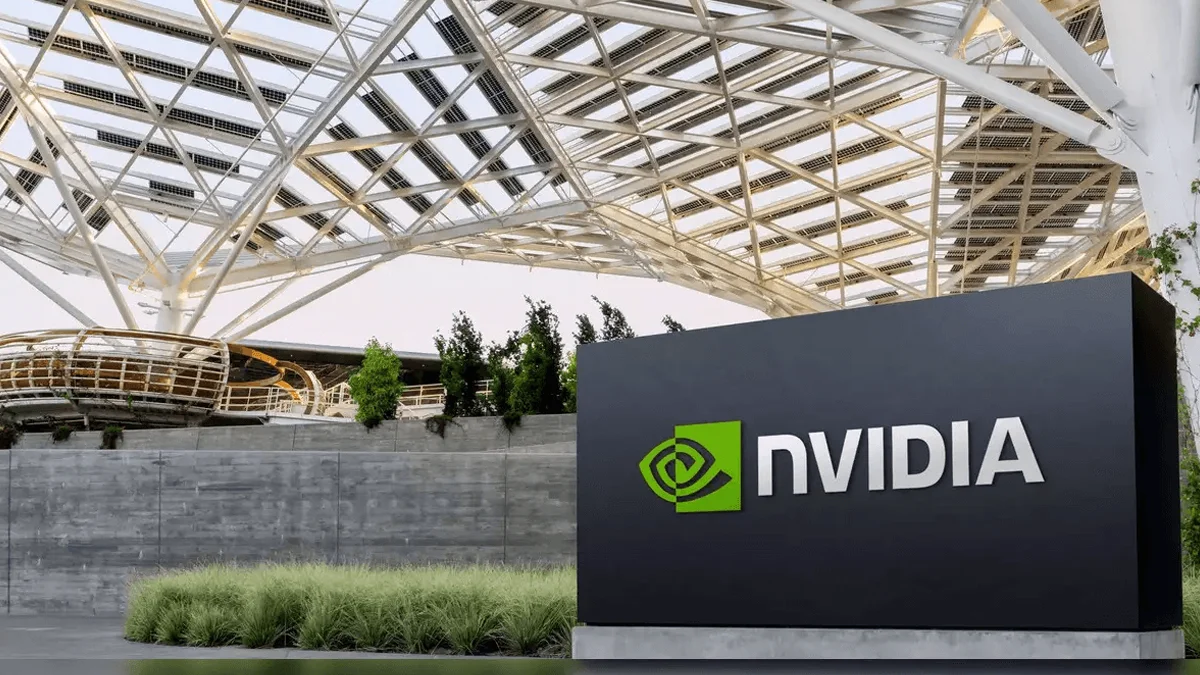Necessary Always Active
Necessary cookies are required to enable the basic features of this site, such as providing secure log-in or adjusting your consent preferences. These cookies do not store any personally identifiable data.
|
||||||
|
||||||
|
||||||
|

The launch of Nvidia’s upcoming AI chips could be delayed for three or more months due to design flaws. According to Reuters, the Nvidia AI chip delay will likely affect big tech customers including Google, Meta and Microsoft.
Combined, chip orders from these companies are worth tens of billions of dollars. Nvidia’s AI chip production delay means huge shipments are not expected until quarter one of 2025.
Earlier this year, Nvidia launched its Blackwell chip series to succeed previous flagship chips, the Grace Hopper Superchip. Hopper Superchips were designed to speed-up generative AI apps.
“As we’ve stated before, Hopper demand is very strong, broad Blackwell sampling has started, and production is on track to ramp in the second half,” Nvidia’s spokesperson said.
Last week, Nvidia communicated the production delay in its most advanced AI chip to Microsoft and one other leading cloud service provider. In its report, Reuters said Google and Meta didn’t respond to queries. In its response, Microsoft said it didn’t have anything to add.
Currently, Nvidia sells the H100. This is a graphics processing unit (GPU) that’s critical in most AI tasks, including training and inference of AI models. The H100 uses the Hopper architecture and it is currently the top-performing chip available today.
But the new Blackwell architecture could be a game-changer for companies that want to ramp up AI data centers, reduce energy and cost consumption, and improve security and performance. In the latest earnings report, Nvidia stated that its Blackwell chips were in full production. The AI chip company said it was aiming to begin production shipment in the second quarter.
Nvidia also said it planned to have data centers up and running in quarter four. According to the company’s CEO, Jensen Huang, the company expected high revenue to stream in from the Blackwell platform this year.
With the newly announced Nvidia chip delay, the AI chip maker will have to adjust its plans.
For the last few years, Nvidia stocks have been gaining value to the company’s AI chip market dominance. Sales from chips and other products to AI customers pushed Nvidia earnings to triple digits. In June this year, Nvidia launched a stock split to reduce the price per share and make it more accessible to different investors.
However, investors have been disappointed by Nvidia stocks. After the split, its share prices dropped by more than 11%. This has left some investors wondering whether the AI chip company has lost its momentum permanently as more players enter the AI chip market.
The delay in the release of its Blackwell chip could slow Nvidia’s revenue. This could weigh on its stocks in the coming months, which is bad news for the company and its shareholders. But this situation could only be temporary.
With the huge chip orders from big tech, demand for the latest Nvidia artificial intelligence chip remains high. Even if its rivals launch other high-performance chips or big tech companies decide to make their own AI chips, they’ll still depend on Nvidia in a big way.
In May of this year, Google, Microsoft, Meta, Cisco System, Intel, and several other companies formed the Ultra Accelerator Link (UALink) and developed an AI networking standard for linking different AI accelerators in data centers.
Big tech companies are eager to get the world’s best AI chip, even if they’ll have to wait a few more months. This means the Blackwell chip production delay will only cause Nvidia stocks to suffer for a short time.
If Nvidia handles the design flaws efficiently to the satisfaction of its AI customers, the delay won’t matter. The strong demand for Nvidia’s products could drive its stock price and earnings significantly high over time.